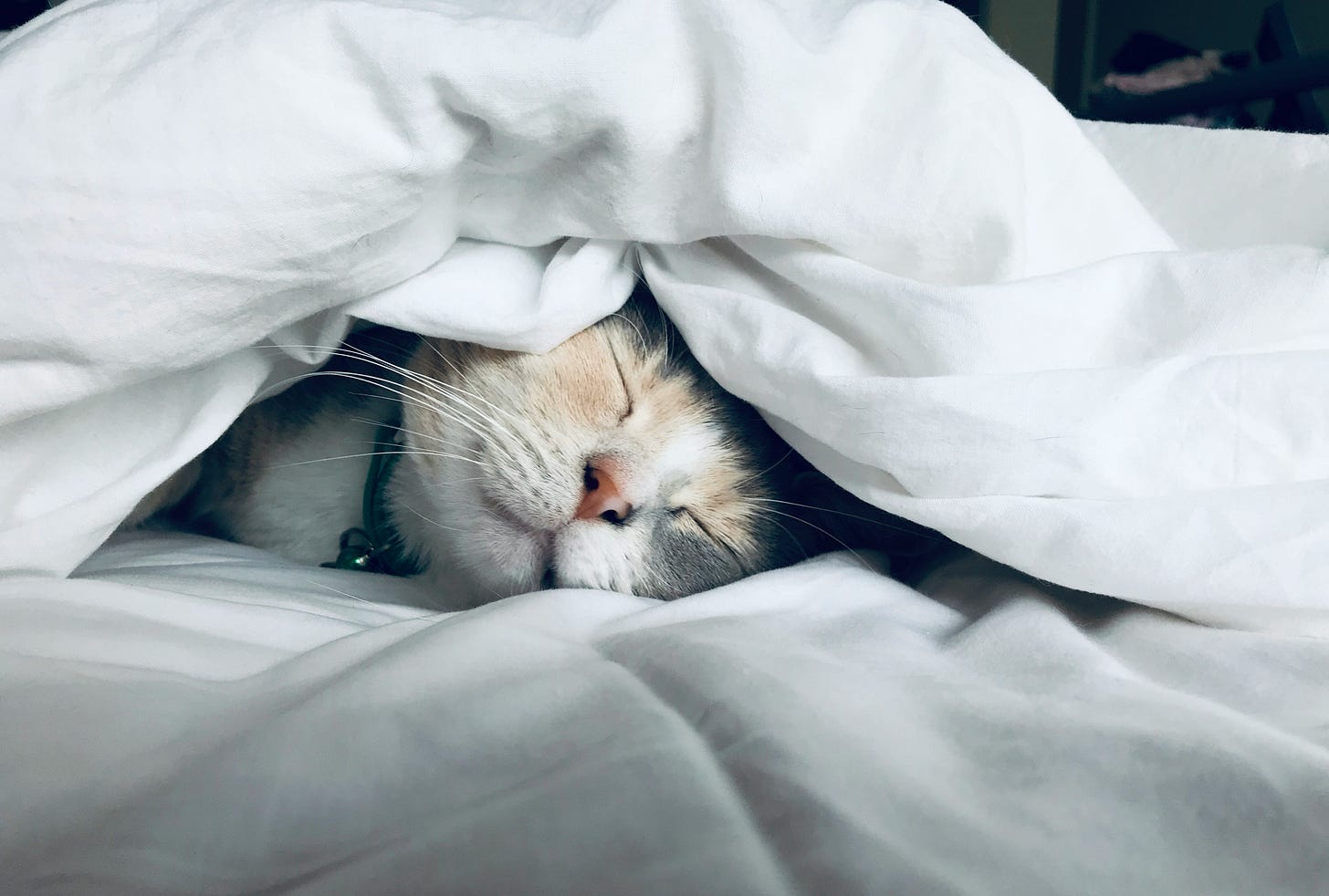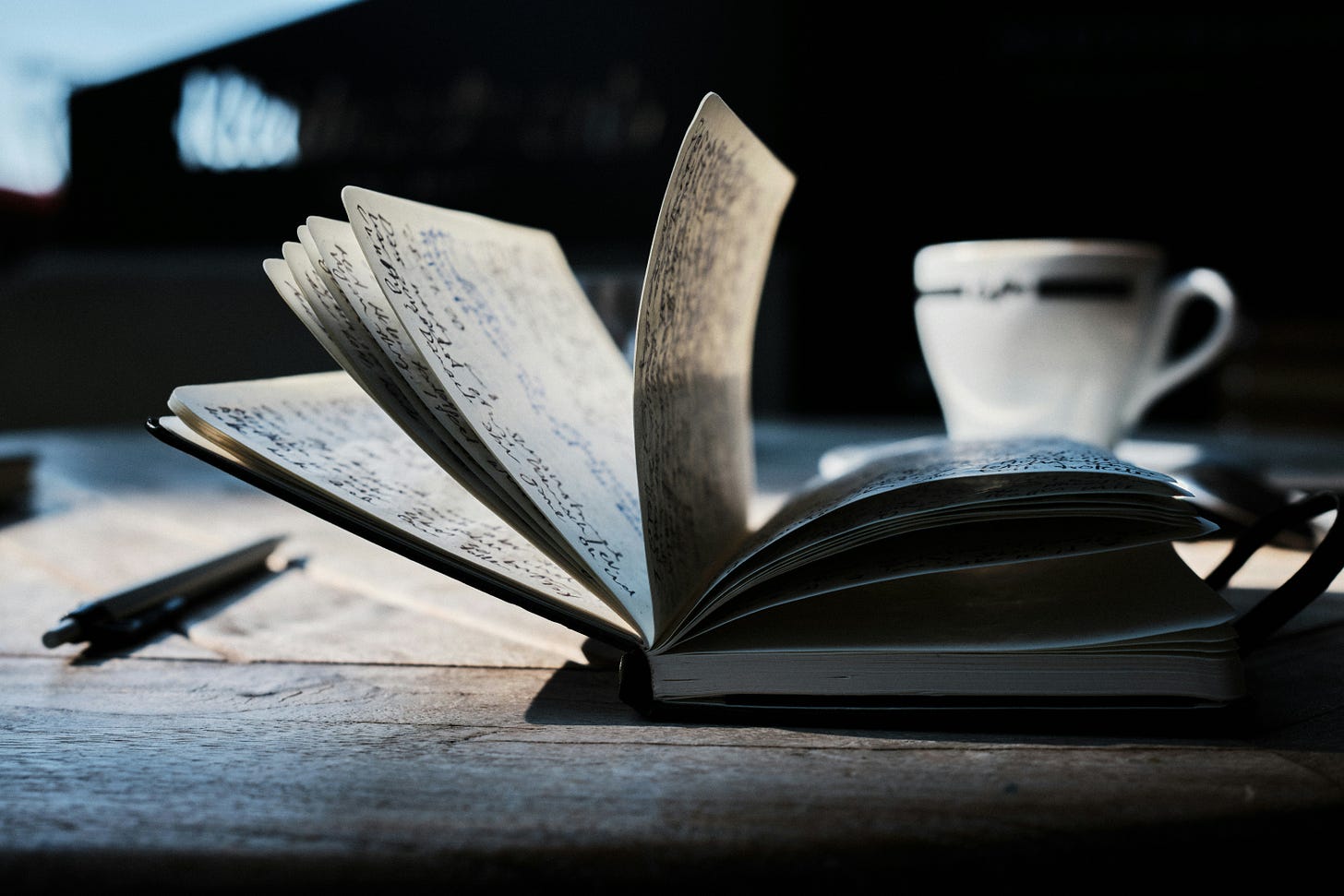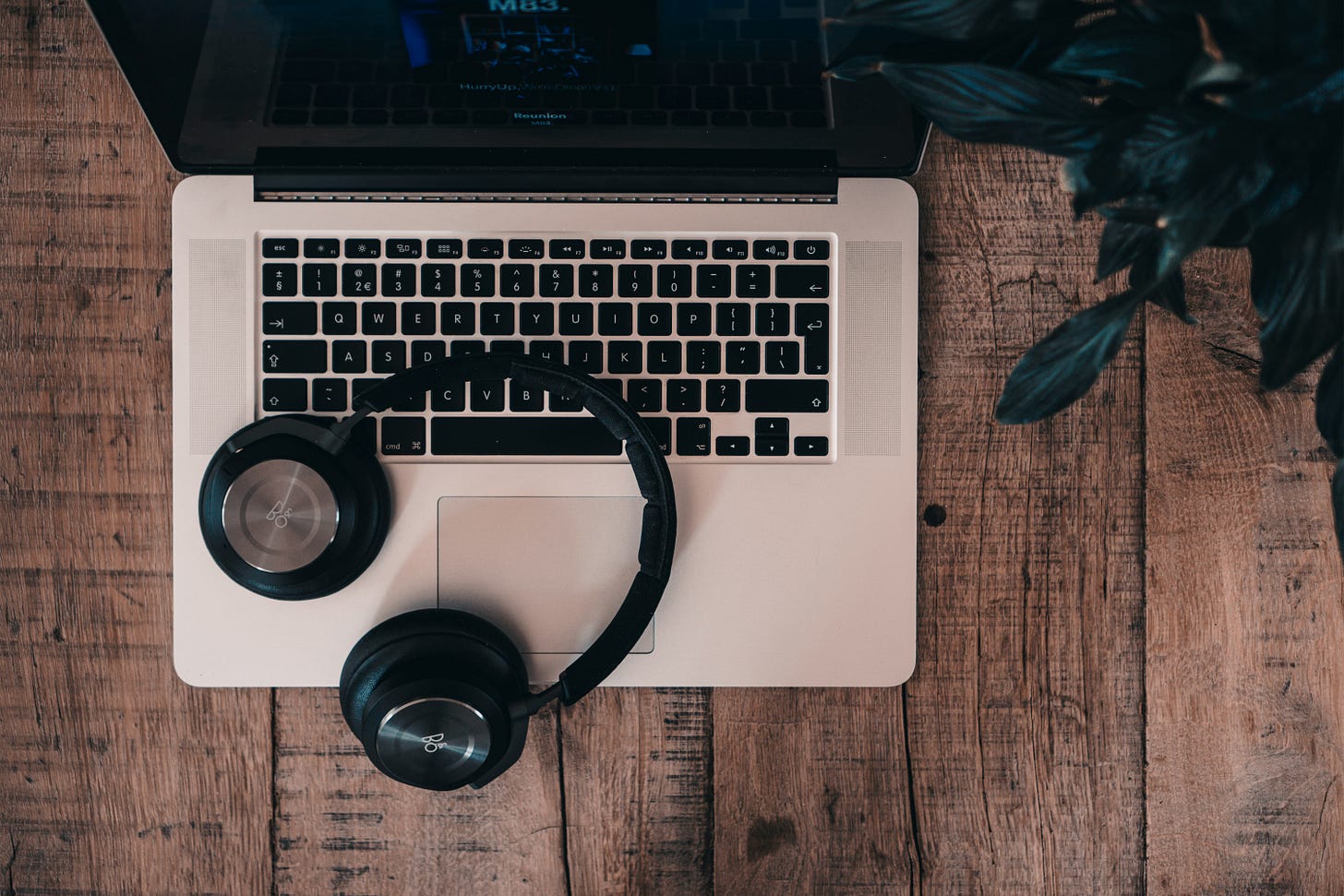If we’re going to be lucky, we have to make space for luck to enter our lives. Unfortunately, most of us are too distracted to notice when luck shows up.
Our brains need space to make those connections and to notice the lucky things around us.
I’ve been thinking about how my addiction to constantly being plugged in is keeping me from noticing luck in my life.
Too much of the time, I’m listening to a podcast or watching a YouTube video.
I’m addicted to consuming.
But this habit is not supporting my desire to be lucky.
According to Richard Wiseman’s book, The Luck Factor, lucky people tap into their intuition and notice the wider world around them.
In order to be lucky, we need to both broaden and deepen our awareness. We need to have a brain that can put together those “aha” moments, where things click into place, creativity kicks in and we have a new understanding of things.
There is a lot of research around how giving our brains space and quiet leads to greater insight and clarity.
So how to actually give our brain the space to do this? How to unplug ourselves from the addiction to constant consumption?
Here are a few things practical, luck-building steps I’ve been experimenting with:
Prioritizing Sleep
Sleep strengthens memory consolidation and insight, both of which are needed for recognizing lucky opportunities.
I used to scroll my phone in bed and use it as an alarm clock, so it was the last thing I looked at before sleep and the first thing I grabbed in the morning.
Putting the phone in the next room has helped me get better sleep. I’m winding down with a book instead of having the blue light and overstimulation of the phone. And I’m not tempted to check the phone in the middle of the night when I wake up.
Do Mindless Physical Tasks without Listening to Anything
Research shows that during mind-wandering, the Default Mode Network (DMN) in our brain is active. The DMN is essential for divergent thinking and creativity.
Washing a sink full of dishes by hand or folding a load of laundry without listening to anything is a good way to let your mind off the leash.
Good, old-fashioned daydreaming and mind-wandering is great for the brain, allowing our subconscious to bring patterns to the surface.
I really like to daydream and lose myself in thought, but I used to get in trouble for it when I was young. Now I realize that this practice is a benefit and I let myself indulge in mind-wandering more often.
Having an active DMN is part of the key to being lucky. If we’re to recognize lucky opportunities, have those “aha” moments and be creative, we need to let our brains rest and wander.
Journaling
Journaling activates awareness, reflection and intuition.
I’m a huge believer in journaling, because it really works to slow down my brain so I can find clarity. There’s something magical that happens as thoughts move from mind to hand to paper. The tiny bit of friction and slower way of thinking really helps me be more present and understand my own thoughts.
I have found that writing morning pages, a journaling exercise popularized by Julia Cameron, has really helped my thinking. It’s also caused me to want more quiet space for my brain throughout the day, which has helped me unplug a bit more.
Slowing the Speed
When I do listen to a podcast or watch a video, I try to keep the speed at normal instead of increasing it to go faster.
I find this practice really helps. If the content isn’t interesting enough to hold my attention on normal speed, then I’m more likely to turn it off.
My Experience + What Do You Think?
I’ve been implementing these ideas and I’ve found them all to be helpful. I’ve had more creative ideas lately, along with more energy to pursue those ideas.
I still have a ways to go on breaking my addiction to consuming audio and video, but I’m working on it.
I’d love to know what works for you! Leave a comment and let me know.










My brain is definitely not quiet. I'm 2 out of 4 of the ways you suggested. I usually read before bed, no scrolling. It probably helps that I don't have any social media apps on my phone. I also listen to things at normal speed. Not listening to anything while doing tasks, well, I like my talk radio in the morning. If you come to my house anytime between 5 a.m. and noon, the radio will probably be on except for when I'm having my quiet time with God. Afternoons are a little quieter if I'm doing stuff around the house. I do try to listen to a podcast or two, but that's usually sitting at my desk. I have a real mental block when it comes to journaling. I know there is a lot of benefits, but my privacy was invaded in a big way when I was a teenager. I do have a 5 year one line journal but it's mostly superficial stuff, things I did, something that made me smile, something I'm grateful for, but nothing deep. I just can't put that stuff in writing.